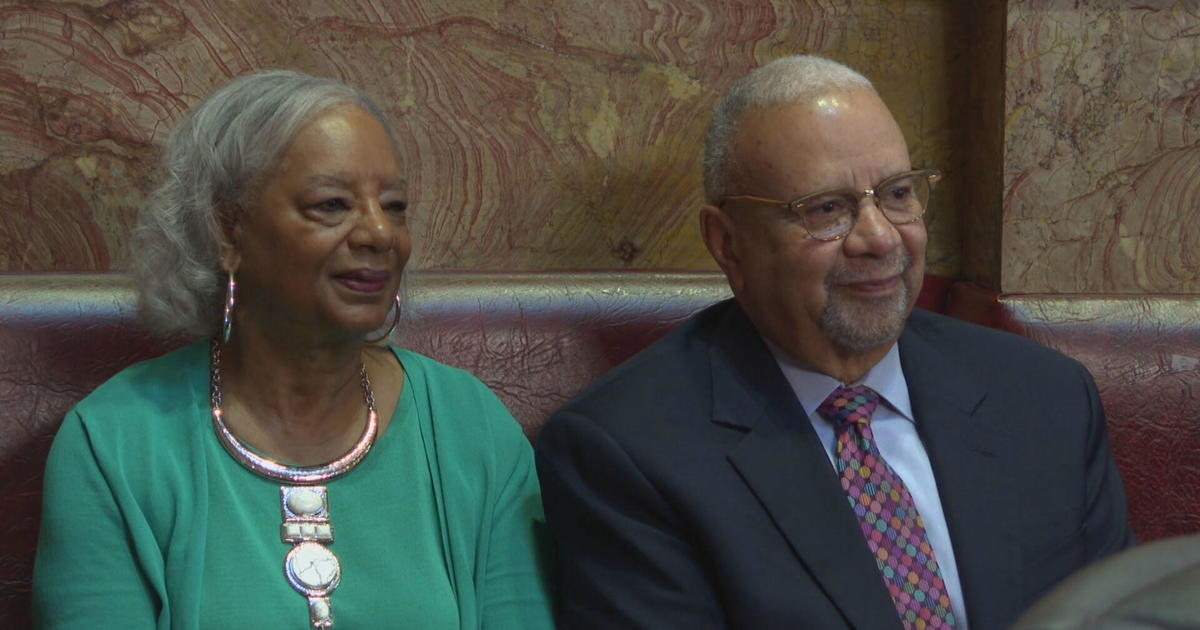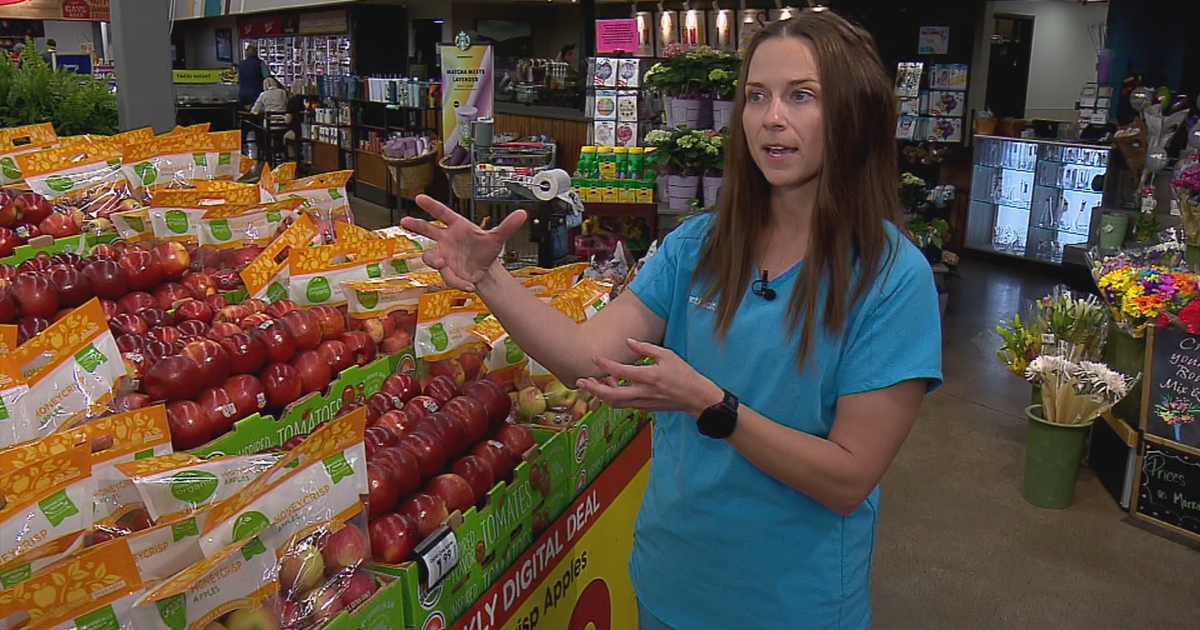Marijuana Edibles Burgeoning Into An Industry
MONTPELIER, Vt. (AP) — Move over, pot brownies.
The proliferation of marijuana edibles for both medical and recreational purposes is giving rise to a cottage industry of baked goods, candies, infused oils, cookbooks and classes that promises a slow burn as more states legalize the practice and awareness spreads about the best ways to deliver the drug.
Edibles and infused products such as snack bars, olive oils and tinctures popular with medical marijuana users have flourished into a gourmet market of chocolate truffles, whoopie pies and hard candies as Colorado and Washington legalized the recreational use of marijuana in the past year.
"You're seeing a lot of these types of products like cannabis cookbooks," said Erik Altieri, spokesman for the National Organization for the Reform of Marijuana Laws. "They've always been popular among a subset of marijuana, but with the fact that more and more people from the mainstream are able to consume, there's a lot more interest."
Many pot users turn to edibles because they don't like to inhale or smell the smoke or just want variety. For many people who are sick or in pain, controlled doses of edibles or tinctures can deliver a longer-lasting therapeutic dose that doesn't give them the high.
And there's money to be made.
BlueKudu, in Denver, started producing marijuana chocolate bars for medicinal purposes three years ago. Since recreational use became legal this year in Colorado, owner Andrew Schrot said, the wholesale business has more than doubled its sales from several hundred chocolate bars sold a day through dispensaries to more than 1,000, at $9 to $17 a piece.
"There seems to be quite a bit of intrigue about the infused products from the general public and consumer, especially tourists," Schrot said.
Cooking classes have sprung up. One in Denver — led by a chef who has turned out chocolate-covered bacon and Swedish meatballs with a marijuana-infused glaze — has grown so popular that it will be offered every week in August. It's also part of a vacation package that provides pot tourists with a stay at a cannabis-friendly hotel (vaporizer and private smoke deck included), a visit to dispensaries and growing operations, and the cooking class.
Students are advised not to smoke before they come to class because there's a lot to learn about the dosing and they will be sampling foods along the way.
"By the end of the class, everybody's pretty stoned," said founder J.J. Walker.
Mountain High Suckers in Denver sells lollipops and lozenges for medical marijuana users and plans to release treats for recreational users at the end of August. The company hopes they will take off.
"People are turning the corner and making lots of money in the rec department, and we expect to almost double the business in a year," said Chad Tribble, co-owner of Mountain High Suckers in Denver.
High Times, a 40-year-old monthly magazine based in New York, has always featured a cooking column with a recipe. At least 40,000 people attended its Cannabis Cup in Denver in April, a sort of trade show that includes judging of marijuana edibles, said editor-in-chief Chris Simunek.
"Like everything else in marijuana at the moment, it's sort of experiencing a renaissance where the more people get interested, the more experiments they do with it," Simunek said.
The magazine said its "Official High Times Cannabis Cookbook" is the top-selling title of the five it offers.
It's not just a hobby or business; there's a science involved.
THC, marijuana's psychoactive chemical, must be smoked or heated — as in cooked — to be activated. When ingested rather than inhaled, it provides a longer-lasting and often more intense feeling.
Users of pot edibles, such as cookies, are often advised to eat only a portion so they don't get too high. Education about proper dosing has become a priority after at least one death and a handful of hospital visits were linked to consuming too much of an edible.
At the New England Grassroots Institute in Quincy, Mass., Mike and Melissa Fitzgerald conduct cooking classes on the use of marijuana as part of the daily diet.
"We really don't do this to be high as a kite," said Melissa Fitzgerald. "You really have to take people's health seriously and have a purpose."
The Washington state Liquor Control Board adopted rules to require recreational marijuana products to be labeled clearly as such; to be scored so a serving size is easy to distinguish; and to be approved by the board before sale.
In Vermont — one of 22 states that allow the use of medical marijuana, along with the District of Columbia — the Legislature this year passed a bill that allows more people to get medical marijuana and called for a study of financial effects if the state were to allow recreational use.
Bridget Conry, general manager of Champlain Valley Dispensary in Burlington, Vermont, and of Southern Vermont Wellness, another medical marijuana dispensary in Brattleboro, is already creating infused olive oils, tinctures and a gluten-free cracker. She expects soon to be making pestos and other infused foods, in manageable amounts that allow people to control dosing.
"We've always come from the perspective of like, who eats a quarter of a cookie?" Conry said. "We're trying to make our things portion-specific, because you know you want to eat the whole cookie."
By LIsa Rathke, AP Writer (© Copyright 2014 The Associated Press. All Rights Reserved. This material may not be published, broadcast, rewritten or redistributed.)



